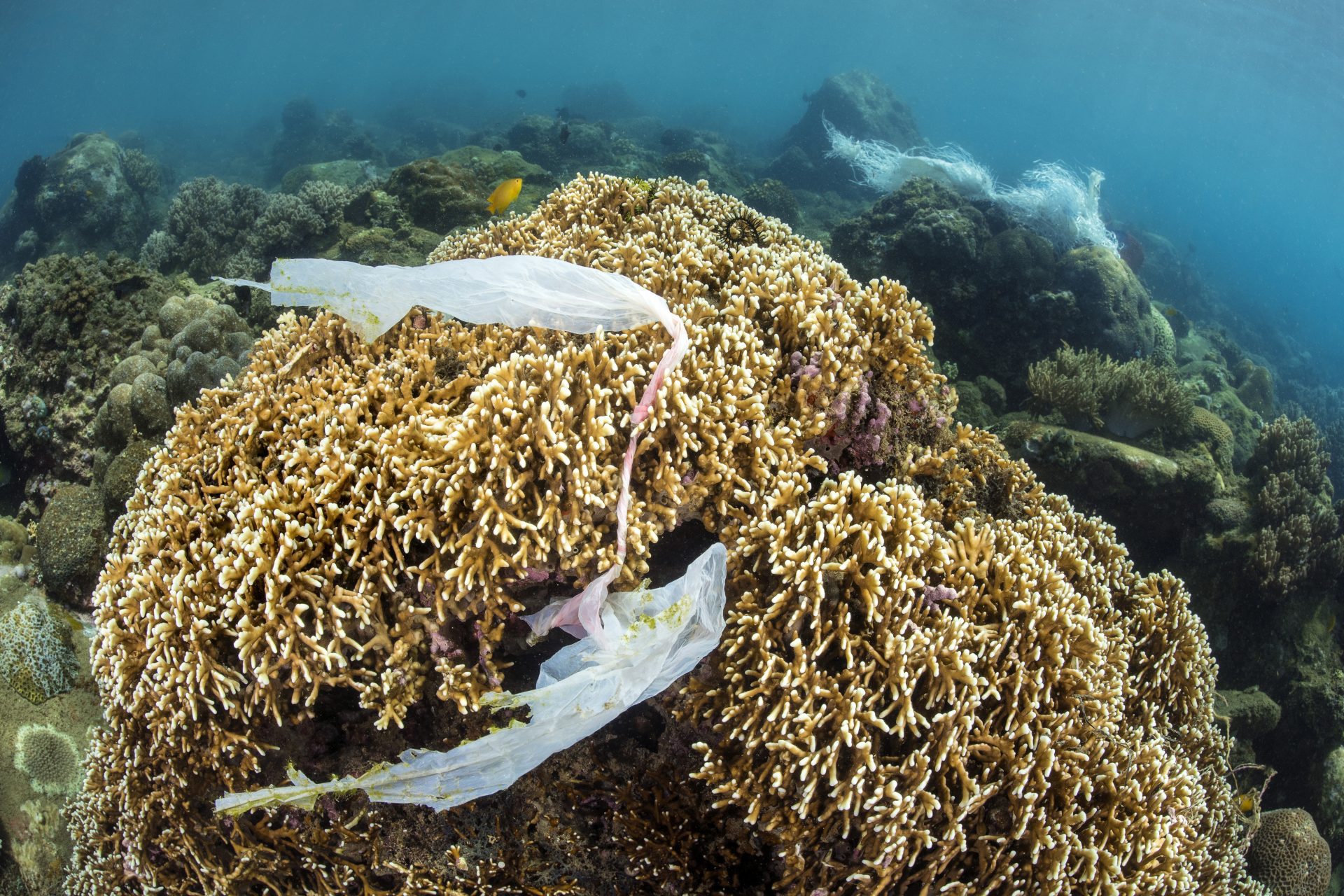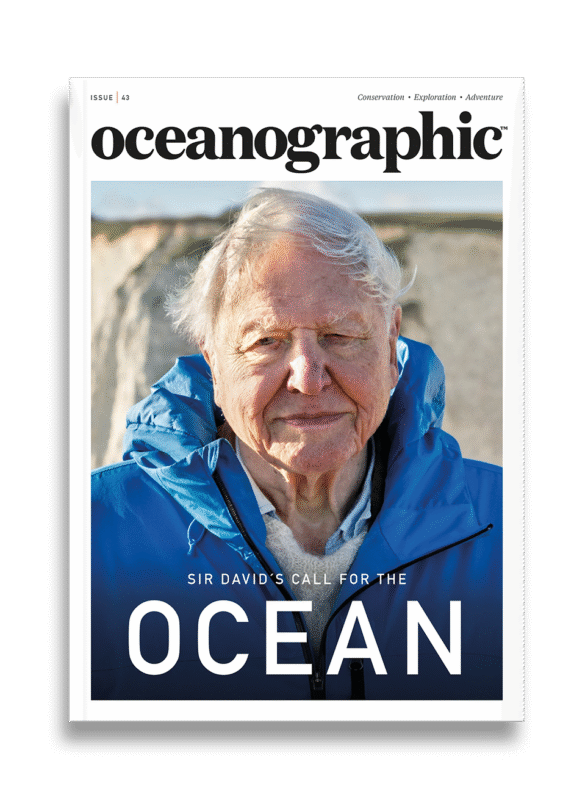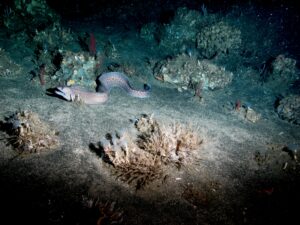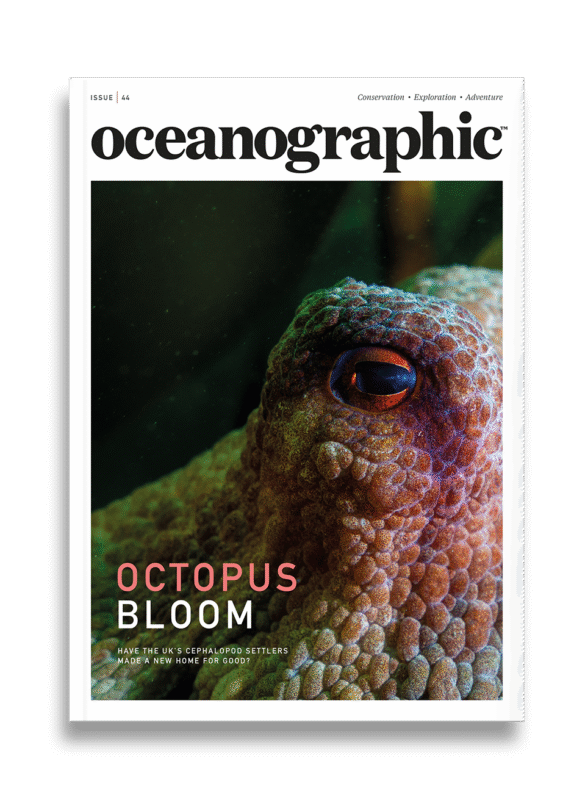UN Plastics Treaty talks reportedly on brink of collapse
With final negotiations taking place today, delegates have registered deep disappointment with the draft proposal for being “unacceptable and unbalanced” and one that ‘ducks binding limits on plastic production’ while pandering to the fossil fuel industry.
Negotiations to secure a global treaty to combat plastic pollution are reported to be “near collapse” after dozens of countries reject the latest draft text and campaigners and NGOs lament its glaring omission of plastic production caps and any mention of health impacts.
With final negotiations for a Global Plastics Treaty taking place today, delegates have already registered deep disappointment with the draft proposal, underlining that it is currently “unacceptable and unbalanced” and one that ‘ducks setting crucial binding limits on plastic production’ while handing the fossil fuel industry a ‘lifeline in plastics’.
Chief among the concerns over the text is its blatant omission of global and legally binding measures, as well as upstream measures and an article on the impact of plastics and microplastics on human health.
Several delegates pointed out that the draft crosses their ‘red lines.’
The current negotiations are a second-part of resumed talks and the fifth of such gatherings orchestrated to develop an International Legally Binding Instrument on Plastic Pollution, Including in the Marine Environment. Talks ended in Busan last year without conclusion but have been resumed in Geneva, in Switzerland this past week to land on a decision.
Amid accusations of fossil industry lobbying and some political leaders calling for a rejection of a cap on plastic production, tensions have been throughout discussions.
Sian Sutherland, co-founder of A Plastic Planet and the Plastic Health Council, said: “After three years of negotiations, we are on the brink of leaving Geneva with no agreement. The draft treaty presented with only hours to go is doomed to be rejected by many member states as it fundamentally fails to reflect the agreed goals set in 2022.”

Sutherland is among the chorus of environmental campaigners to have chastised the draft text for its lack of ambition, failing to make mention of the health impacts of plastic, despite the mounting evidence to support the suggestion, and caps on plastic production.
“Instead of an historic plan to protect human health and the planet, negotiators face a weak, voluntary text that ignores mounting evidence of harm, from microplastics in our blood and lungs to endocrine disruption affecting fertility and child development,” said Sutherland.
“By ducking binding limits on production, the draft hands the fossil fuel industry a lifeline in plastics as the world moves away from oil and gas.”
As the Intergovernmental Negotiating Committee approaches its deadline for a plastics treaty, there are calls for the focus to be shifted from ‘downstream fixes’ (i.e. recycling) to ‘upstream accountability’. Scientists have agreed that – with global plastic waste projected to reach 1.7 billion metric tonnes by 2060 – the root cause, being overproduction, must be addressed.
“One of the most effective pathways is binding Extended Producer Responsibility (EPR), which makes companies legally and financially accountable for the environmental impacts of their products and packaging,” said Dr Anya Phelan, a senior lecturer in entrepreneurship and innovation at Griffith University.
“Based on the ‘polluter pays’ principle, EPR shifts costs from taxpayers to producers, creating strong incentives to design out waste, reduce plastic use, and innovate sustainable alternatives from the outset.
“Unlike post-consumer recycling schemes that tackle waste after it’s created, EPR changes the economics of production itself. When producers bear the true costs of their design and material choice, market forces drive toward less wasteful systems.”
Speaking for 14 Pacific island developing states at the negotiating table, Tuvalu accused the draft text of failing to protect our people, culture, and ecosystem from the existential threat of plastic production. Britain called it a text that drives countries towards the lowest common denominator, while Norway said it was not delivering on our promise to end plastic pollution.
In a statement put out this morning, associate professor Melanie MacGregor, an ARC Future fellow in chemistry at Flinders University and leader of the Nano and Microplastics Consortium, said: “The scientist coalition agrees that we know enough to act: plastic pollution, from the largest debris to the tiniest nanoplastics, is harmful to the environment and poses growing concerns for human health. These pollutants are generated across the whole plastic lifecycle – from production to use to disposal – not just from ocean litter.
“Industry has shown before that it can pivot and innovate in response to bans and urgent environmental challenges – from phasing out microbeads in cosmetics to replacing ozone-depleting aerosols. I’m hopeful it can do so again.”
This won’t be possible, MacGregor has warned, if science continues to be ‘misrepresented or sidelined’ by powerful interests.
“We’ve seen this before, not just with tobacco or PFAs, but also with lead in petrol, asbestos, and hormone-disrupting chemicals found in everyday products,” she said. “Casting doubt on emerging evidence may serve short-term profit, but it delays action and increases long-term risk. If we want real solutions, we must ensure that research is not just heard – but also properly supported and funded to lead the way.”


"*" indicates required fields
Printed editions
Current issue
Back issues

Back Issues
Issue 43 Sir David Attenborough’s ‘Ocean’

Back Issues
Issue 41 Holdfast to the canopy
Enjoy so much more from Oceanographic Magazine by becoming a subscriber.
A range of subscription options are available.








